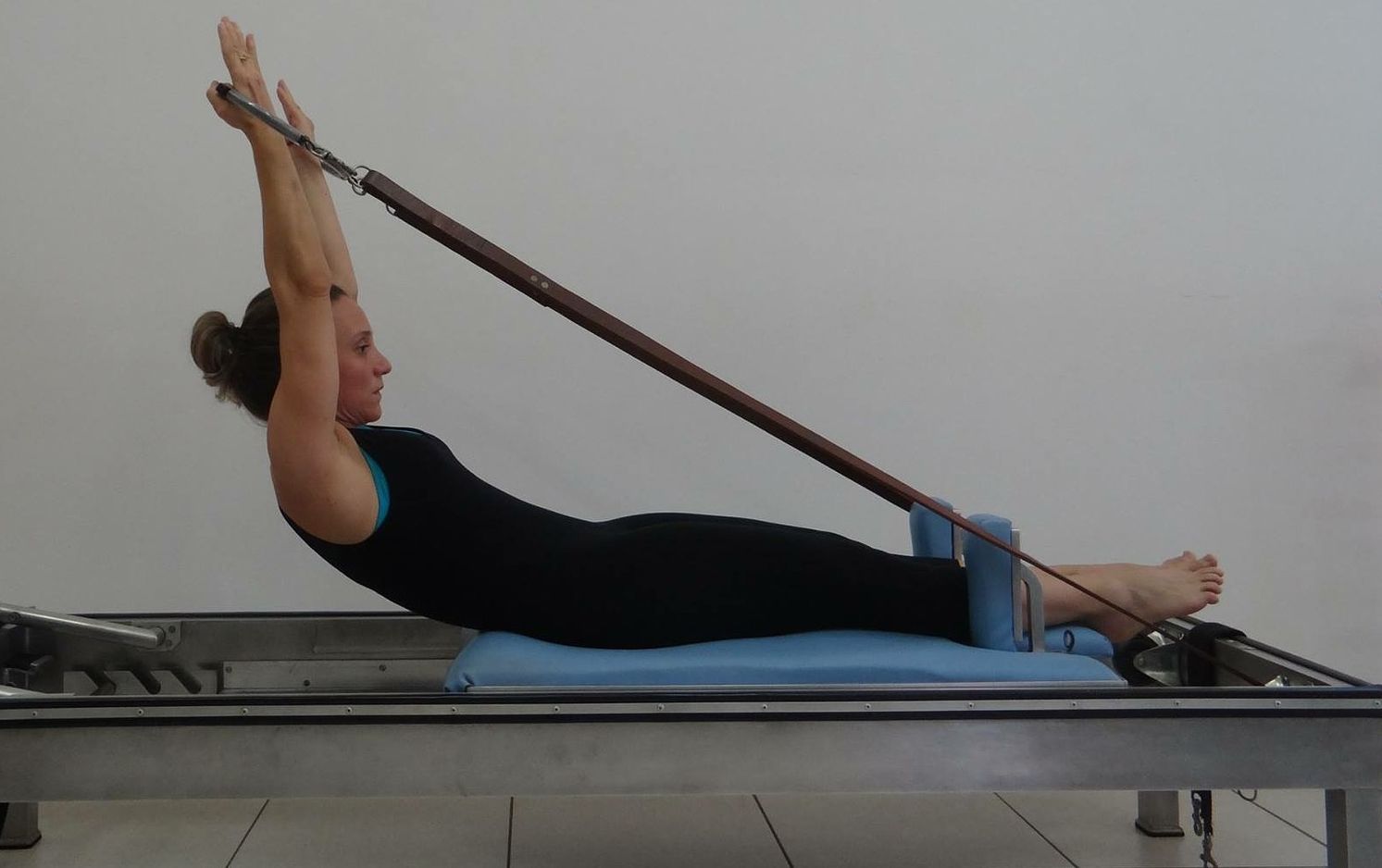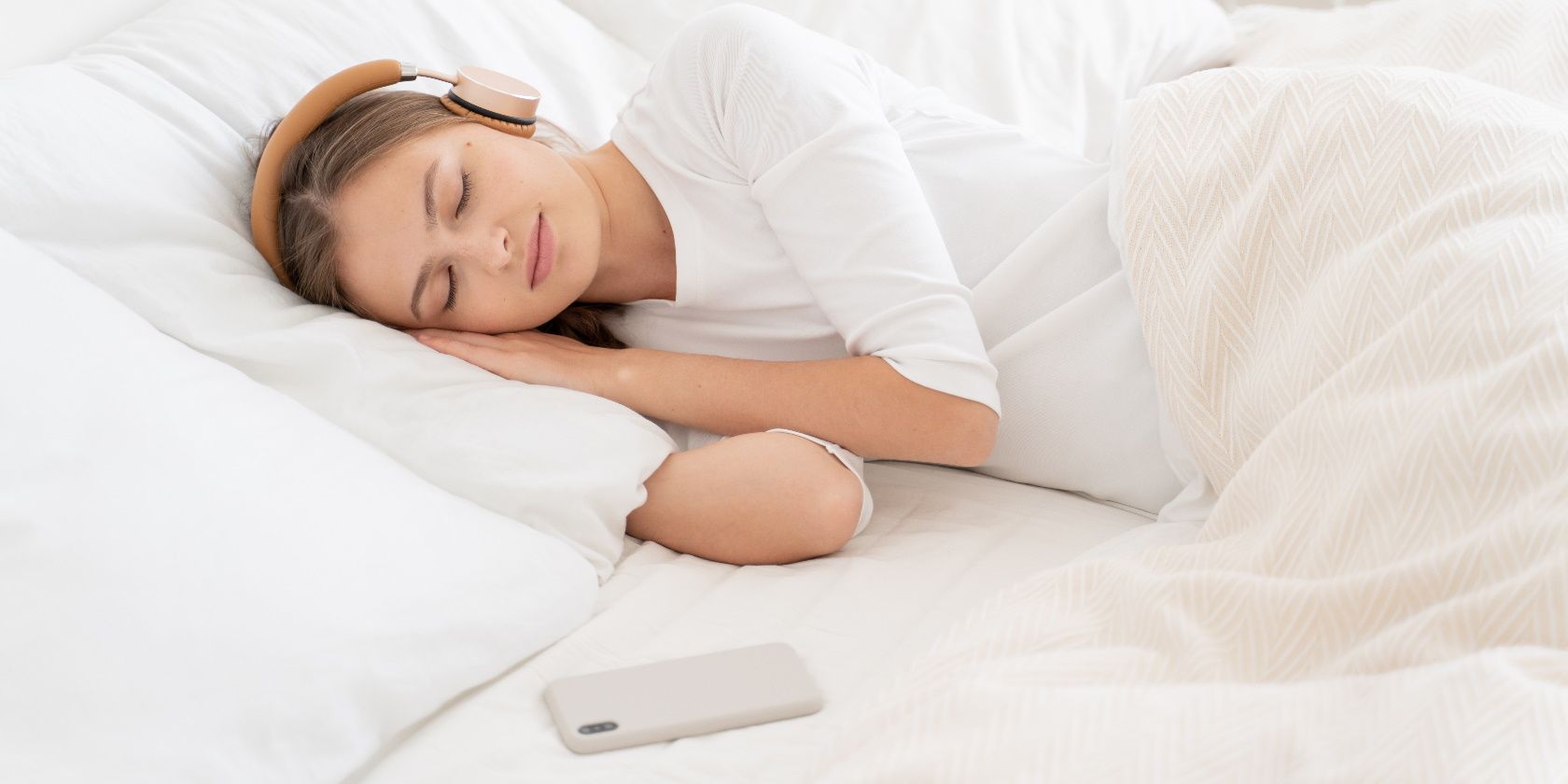Freelancing, albeit flexible and potentially lucrative, can be a menace to your overall well-being. For most of your career as a freelancer, you may be susceptible to a sedentary lifestyle that increases your risk of postural issues and eating disorders.
A decline in your health could affect your output and ultimately cost you your job. Hence, it is important to take proactive steps in managing your health. Here are some valuable tips for improving and maintaining your health as a freelancer.
How Freelancing Could Lead to Poor Health
Freelancing can be just as demanding as a regular full-time job, if not more so. While it gives you work autonomy, having to meet the demands of several clients effectively can make you neglect other aspects of your life.
You may find yourself sitting at a spot for hours, having long screen time, skipping meals, distancing yourself from family and friends, and voluntarily opting out of social activities. Repeatedly doing all these things may result in several unhealthy habits. And in turn, these habits could affect your vision, social life, posture, sleep, and eating patterns.
Tips for Improving Your Health as a Freelancer
The good part is that these bad habits are avoidable. You can manage your well-being without jeopardizing your freelance career. Here are a few tips to make that feasible.
1. Protect Your Vision
Digital screens, including laptops, smartphones, and TVs, emit blue light that at especially high intensities over long periods may be harmful to your eyes. Sadly, a majority of your job as a freelancer requires being on a screen—from sourcing for clients, closing a deal, and executing a task. This keeps you at risk of phone or computer eye strain (which you can relieve), as well as blurry vision and constant headaches.
One way to care for your eyes is by using blue light glasses. These types of eyewear aim to limit the blue light waves that come from your work devices. Alternatively, you can set your laptop or phone screen to "eye care" settings or night mode to provide relief from the side effects of extended usage.
For lasting solutions, consider scheduling and limiting your screen time. Apps like Freedom and Space can be incredibly useful in this regard. Using blue light glasses and setting your laptop or phone on night mode will only go so far. The best way to care for your eyes is to minimize screen time and take intermittent breaks away from your workstation to look outside and get some air.
2. Monitor Your Diet
One of the downsides of freelancing is having tight schedules that give you little or no time to make healthy dietary choices. The deadlines and work pressure make it easy to resort to poorly prepared, processed meals. Worse still, you might skip breakfast or eat late into the night. These eating habits adversely affect your overall well-being.
To avoid such scenarios, adequately plan your schedule to give you ample time to cook your meals ahead of time. Meal planning apps such as MyNetDiary, MyPlate Calorie Counter, Noom, and Yummly can be invaluable. If you have the budget, you can also contact a chef to home-cook your meals or order take-outs from trusted brands with healthy menus. And don't forget about staying hydrated with apps like WaterMinder!
3. Maintain a Physical Fitness Routine
The easiest way to manage the sedentary lifestyle that comes with freelancing is to engage in physical fitness activities before or after your work time. These activities are health boosters that greatly improve your well-being. They also help you complete your work routine with optimal endurance and strength to help you avoid burnout.
You can engage in stay-at-home fitness activities that don't require going to a gym. Some popular exercises are chair squats, skipping, desk push-ups, desk planks, 10-minute walks, floor push-ups, and squat jumps. Most importantly, consistency is key to getting maximum results from these activities. As much as you want to exercise only at your convenience, know that it is necessary for healthy living.
Infuse a variety of exercises into your daily routine to help you stay consistent both on the days when you feel like it and the days when you don't. While you're at it, you can get a smartwatch or simply an app to help you track your fitness journey. You can also download reminders to notify you when to stop sitting and move around—such as StandUp, Wakeout, and StretchMinder.
4. Maintain Proper Posture
A good posture is when the body is in a symmetric alignment. However, having a good posture is often far-fetched for most freelancers. Your neck, arms, shoulders, waist, and back can become stiff due to prolonged working hours, poor sitting arrangement, and lack of movement. It starts with a pop when you stretch certain body parts, then transcends to pain and even numbness on severe occasions.
To improve your posture:
- Invest in an ergonomic office chair to help prevent slouching and support your spinal alignment and lumbar area.
- Buy a sturdy desk.
- Adjust the chair to a height that's in line with the desk, and make it comfortable for you.
These essentials specifically work to minimize back pain. Furthermore, engage in exercises that strengthen your muscles, such as cycling, lifting weights, dancing, push-ups, and climbing stairs (if your apartment has them). Most importantly, you should work on increasing your mobility. You can also download posture monitoring and improvement apps like Posture Pal, Posture Reminder, and Perfect Posture and Healthy Back to aid postural correction.
5. Prioritize Healthy Sleeping Habits
Sleep is a naturally recurring event where the body and mind are at rest. It is also a great way to recharge and refresh for increased productivity. Because fatigue, exhaustion, and brain drain are common occurrences in freelancing, it is important to develop a feasible bedtime routine to maintain a healthy lifestyle.
An adult requires between seven and nine hours of quality sleep on average, according to the US Centers for Disease Control. But quality sleep goes beyond the duration; you need to feel well-rested when you wake up. To that effect, endeavor to brush, bathe, and do a little exercise each day before drawing your curtains.
Moreover, according to the American Heart Association, a sleep-deprived adult may be at higher risk of depression, anxiety, stroke, and diabetes. So, give yourself the rest you need by scanning your schedule and blocking out hours for rest. Do you have more responsibilities in the morning, afternoon, or night? Whatever the case, intentionally organize your priorities, ensuring you get enough hours of sleep.
Furthermore, avoid caffeine and stimulants, as they can make it difficult to fall asleep at a reasonable time. If you are experiencing insomnia symptoms, visit an authorized healthcare center for proper care and medication.
You can also use sleep apps like Sleep++, Sleep Monitor, Sleep Bot, and Sleep Cycle to monitor your sleep.
A Healthy Lifestyle Helps You Stay on Top of Your Freelancing Career
The freelancing lifestyle can be draining and bad for your health. However, knowing what to look out for and applying the tips in this article can help you stay healthy and productive in the long run.




